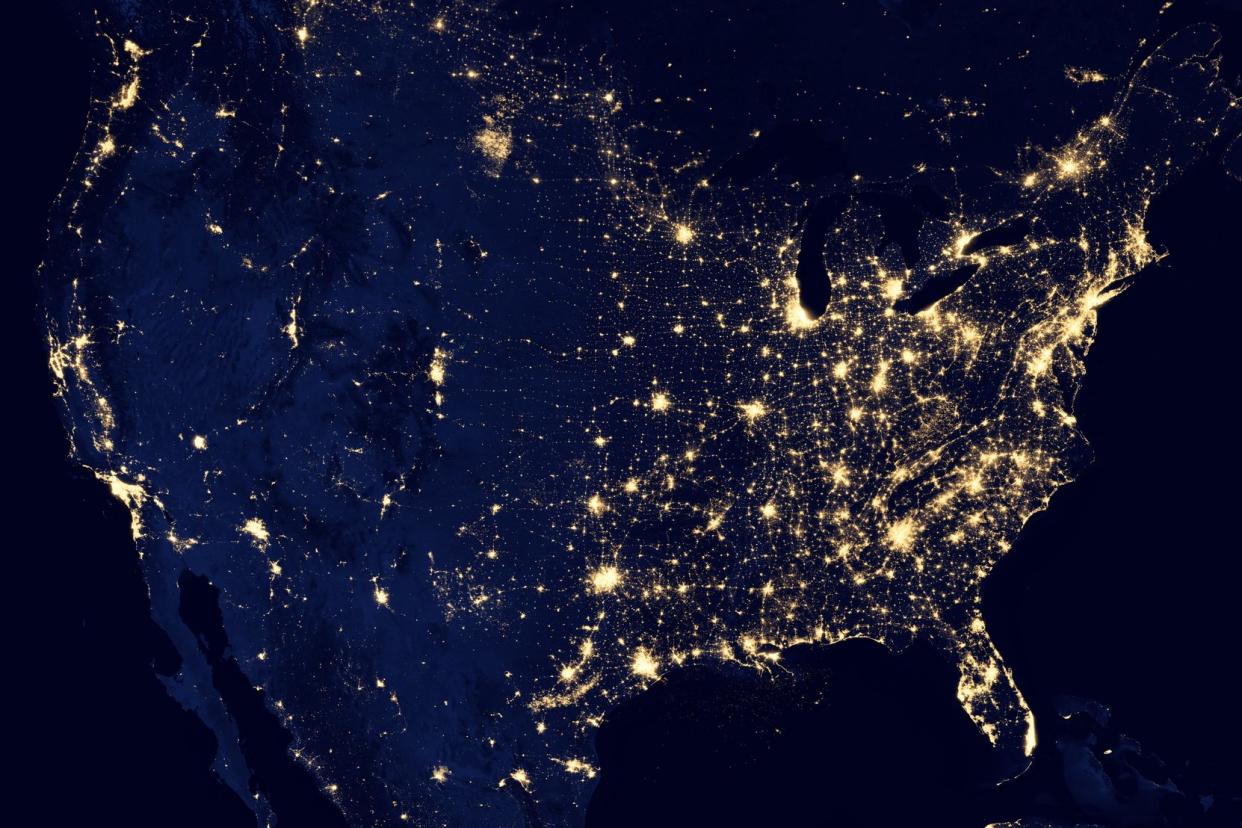Here’s the scary truth about how the end of net neutrality would affect you
For what seems like the millionth time in the last three or so years, net neutrality is in danger again — but this time things might be a bit more serious than ever before. First, let’s get the definitions out of the way: Net neutrality is a concept based on free internet usage. This essentially means that all internet content and access to that content should be treated equally. And we, the users, should be given equal access to bandwidth by our internet service providers and government bodies.
There is no denying that when it comes to sharing information, the things we create, and communicating with others — the internet is the greatest thing human beings have ever come up with. Every day, we are given the freedom to reach millions of people with a simple click of a trackpad. We find love, we meet interesting friends, we develop brilliant ideas, or even disrupt entire industries. All of this is possible because everything we write, code, or share is able to freely flow across the entire world wide web — without requiring any special permissions or packages from outside agencies. In other words, we get the entire internet without any interference — no gatekeepers, no toll booths.
As it is, the internet is a free and an open space where our choices determine which things spread and become popular.
Back in 2015, the FCC (the Federal Communications Commission) declared that “no one — whether government or corporate — should control free open access to the Internet.” This policy helped the internet continue to develop and become an even bigger part of our lives and economy. But as of November 21st, the FCC has been talking about the rollback of the previous net neutrality regulations, which could drastically affect the way we use the internet right now.
The new rule proposes to end net neutrality and give the power to censor the internet to companies like Verizon, AT&T, and Comcast. These companies will be able to dictate the kind of content we’re able to access online and display content that is in the interest of their businesses. For example, Comcast would probably be more inclined to promote NBC’s content over another network’s to its internet subscribers because Comcast and NBC are affiliated. But net neutrality prevents Comcast (or any other ISP) from being able to discriminate. Taking away net neutrality also gives internet providers the power to slow down loading speeds of any websites/content they choose.
Net neutrality creates a leveled playing field among content providers. And it’s great for consumers because they can access everything they want online for no extra charge.
The way we access the internet could quickly start looking like cable TV with different packages available to access different parts for the internet. For example, there could be a basic starter pack with access to email and messenger services and websites chosen by your ISP. Then a level up and few extra dollars could get you a premium pack with access to social media sites like Facebook and Twitter. Another level up and another additional cost, you could be able to enjoy access to Netflix and Hulu and all your favorite steaming services.
And since those in favor of getting rid of net neutrality believe that major internet companies should be paying for utilizing as much bandwidth as they do, these companies will in turn charge their consumers more to access their services.
Can you imagine having to pay $20 a month for Twitter? Can you imagine how fundamentally our society would change if huge parts of the population were able to be priced out of internet access?
Small businesses and those looking to create new websites could also suffer from the reversal of net neutrality. If they are unable to cut a deal with the ISP then their business could severely suffer from a lack of consumers due to slow crawl speeds on their websites. Creative professionals (musicians, writers, artists) will be affected too, as they may have to end up spending a monthly fee just to get their work seen by an audience.
But what can we do?
I know I’ve been asking you to make a lot of calls lately, but I wouldn’t be asking if it wasn’t important. Tell the FCC that we must keep the internet free and open: (202) 418-1000 #NetNeutrality
— Kamala Harris (@KamalaHarris) December 4, 2017
Act today! The vote is coming up, so time is of the essence. If you value an open internet and support small businesses and entrepreneurs, please call and write to your local lawmakers to let them know that open internet rules need to stay.



